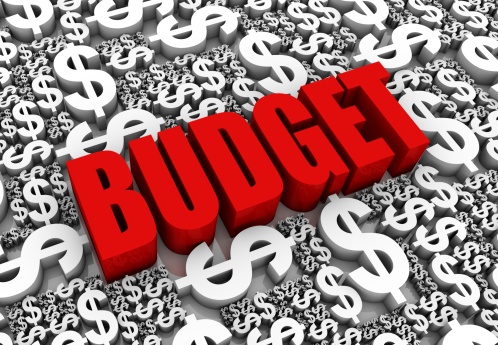Most Canadians, particularly Albertans have been both surprised and overwhelmed by the recent and sudden decline in oil prices. In reality, however, all that goes up will invariably come back down. Thus while it is important to enjoy the high points of a boom and bust economy, it is also important to prepare for the low times. Following are a few tips that will help you learn how to recession-proof your budget.
Start by making small changes. While creating a budget that is recession-proof might feel like a very daunting task, it is actually best to start with small changes in
areas that are very easy to manage. For instance, you can challenge yourself to spend less money on unnecessary expenses such a specialty coffees or you could do something major like sell a second vehicle. You’ll be able to carpool or use public transportation instead.
Create a emergency fund. This will give you some extra money to fall back on should a financial slowdown ever occur. Instead of seeking high investment returns, take advantage of a high-yield investment account so that your funds are constantly available if you need them. You should also use cash as much as possible. This will limit your reliance on credit cards and all of the related fees.
Start recycling, reducing and reusing as much as you possibly can. This will reduce the need to buy new items and it will also have a positive impact on the natural environment. Now is also a good time to get a good handle on all debt payments. When the economy is poor, debt tends to cause the most trouble. In the best case scenario, you will pay off the majority of existing debt when the economy is good.
Any high-interest debt that you have not paid off during a boom time should be converted to low-interest debt. You might face penalties for breaking loan contracts ahead of schedule, but this is usually worth the associated penalties if lower interest rates can be gained. Evaluating any current investments is also a great way to improve a personal budget. This gives people the chance to properly allocate their funds.
Track all income and expenses. After having done this for a few months, you will see which aspects of your budget are spot-on and which need adjusting. Make monthly updates of all debt totals and make sure that assets are properly laid out with a net worth statement that is accurate and up to date. Finally, consider talking with a professional like a Capital Mortgage Broker in order to learn additional strategies for making optimal use of all available funds.

